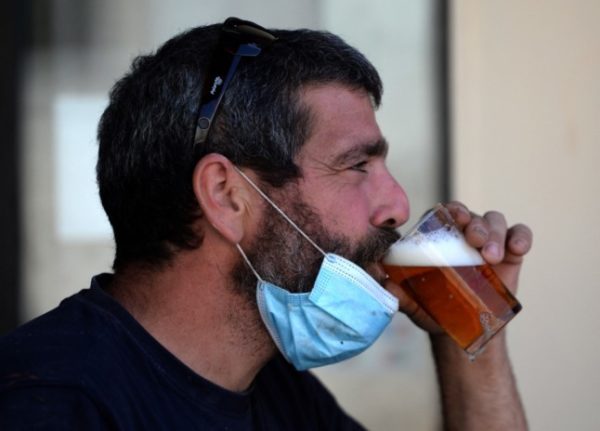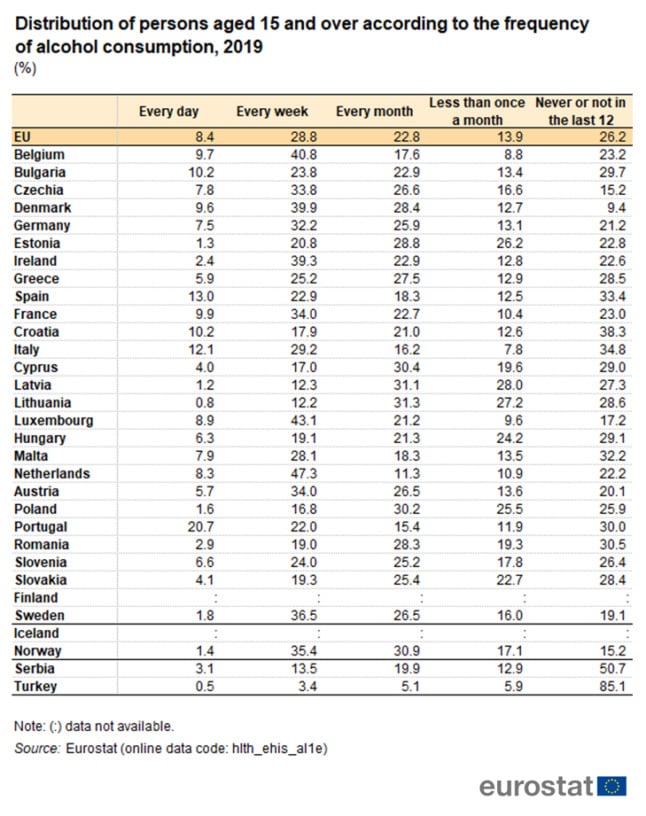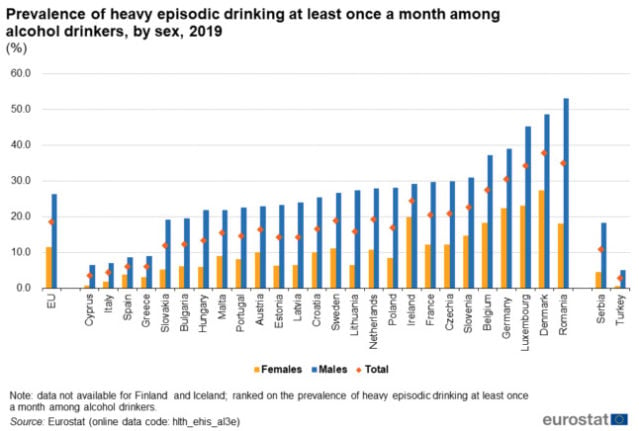From January 1st, 2014, anyone piloting a boat on a Swiss river or lake will be required to respect a limit of 0.5 grammes of alcohol per litre of blood, the Federal Office of Transport said.
"This ruling concerns amateur boating and water sports," a spokeswoman for the office told AFP.
"The limit for professional navigators is already set at 0.1," she added, noting that a similar limit applies to transport sector employees such as train drivers.
While the decision by the Swiss government to apply the same 0.5 limit to road and water users was already in the pipeline, the issue of drunken helmsmen has been in the headlines this week.
On Sunday, a 58-year old Neuchâtel woman was seriously injured after falling from the bow of a boat in Lake Murten when the pilot swerved the vessel.
The pilot had consumed alcohol but was credited with pulling the injured passenger from the water, local radio station RTN reported on Tuesday.
The victim is in stable condition in a Bern hospital.
According to the new rules, every sailor who fails a police test will be fined, while anyone with a blood-alcohol level of over 0.8 grammes will lose their boating license.
The new rule will replace the only requirement for sailors currently in place, which is to have the control of their vessel.
This decision has failed to win unanimous support among sailors, who have questioned the relevance and the conditions of implementation.
On the website of Swiss newspaper 24 Heures, one user wondered tongue-in-cheek what a sailor would do if he lost his licence on the spot, saying: "Does he act like a car driver? Does he leave his boat and walk back home?"





 Please whitelist us to continue reading.
Please whitelist us to continue reading.
Member comments